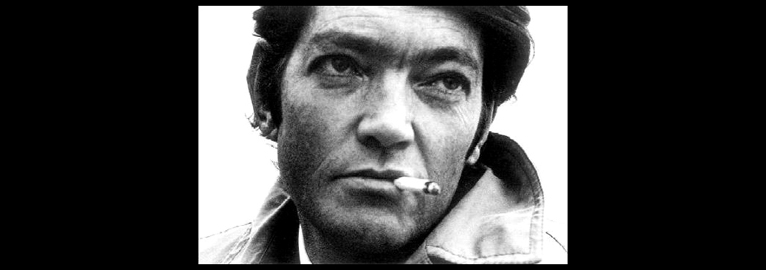
Norway has not been short of uncompromising musicians in recent years, and Hanne Hukkelberg has been a part of that set since her debut album in 2004. With her fifth full-length, Featherbrain, it is quite possible that she has elevated herself to greater heights.
Her vocal flexibility and willingness to play around is evident from the start. Though not always utilised, on Noah the melody winds and wails, upwards and downwards, its layers upon layers creating a huge textural density. These phrases, you feel, are potentially endless.
As well as the fundamental strength of composition – it is not that structurally strange – what must also go down as a huge part of Featherbrain’s appeal and boldness is the instrumentation. The influence of experimental jazz works its way through to the fore and the way in which these unusual sounds tap, pierce and slice through the music creates an often unsettling and unpredictable ambience. They do sometimes jar, but for the most part they complete the structural foundations.
My Devils recalls much of that Nordic ambient weirdness as a murky melody is hidden in the mix, floating above an accompaniment which flits between jauntiness and a minimalistic serenity. The vocals are both redolent of the robotic Karin Dreijer Andersson and the laidback drone of Phil Elverum. Tones are altered throughout and no two songs are at the same level of intensity. The casual The Bigger Me has something of a song recorded in a kitchen about it – percussively it echoes pots and pans, and features whistles both human and machine, the latter seemingly from a kettle.
The album’s closing track is in great contrast to nearly all of what comes before it. Hukkelberg duets with an elderly man on the lament Erik, performing in her native tongue. They plod along together to a detuned piano, swaying between a foreboding hum before a more rousing finale. It seems fitting that a record so difficult to place – and indeed recorded in a variety of locations – eventually finds its way home, so to speak.
With Featherbrain, Hanne Hukkelberg shows not only a willingness to keep her characteristic sound and change its dressings each time, but does so in a way which sounds so daring. But, aside from all that, it’s another Hukkelberg album to treasure. (bbc.co.uk)
01 Featherbrain
02 Noah
03 I sing you
04 The bigger me
05 My devils
06 Too good to be good
07 SMS
08 The time and I and what we make
09 You gonna
10 Erik

info |
http://hannehukkelberg.com
https://www.facebook.com/hannehukkelberg
http://www.bbc.co.uk/music/reviews/hxj9
http://www.propellerrecordings.no/artists/hanne-hukkelberg















